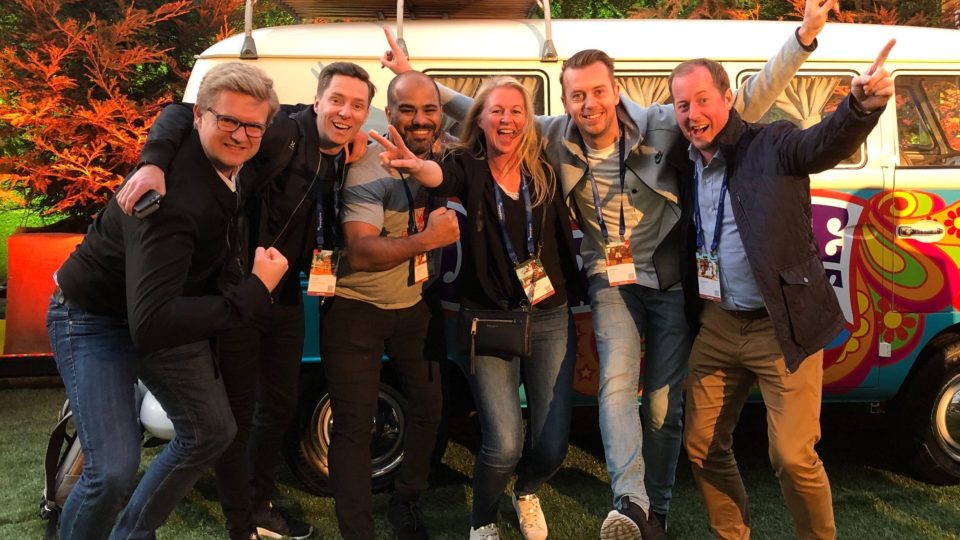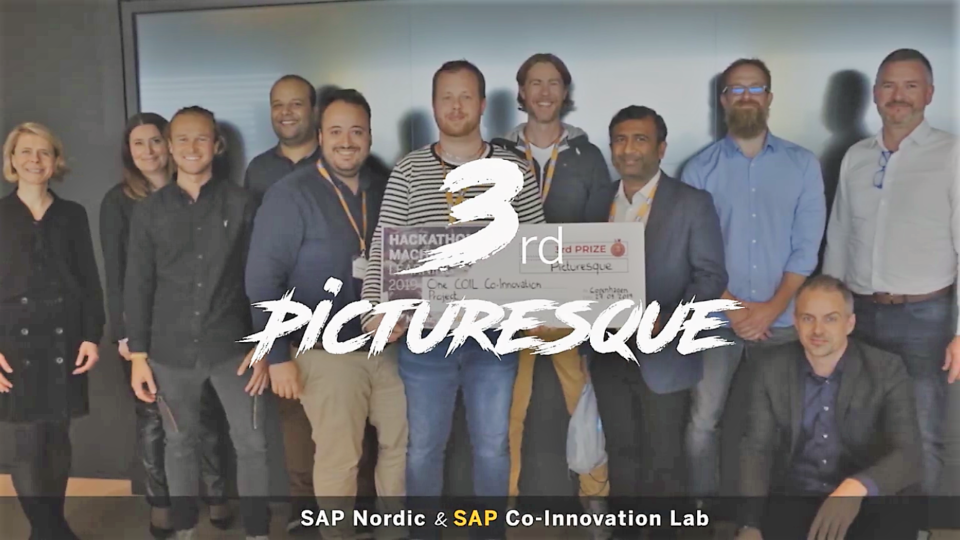Like many others, I disabled the Location services feature of my phone in the aftermath of Edward Snowden’s whistleblowing in May 2013.
I was seriously concerned with my data privacy. But now PRISM, the NSA program for surveillance of the public, has been relegated to the lower parts of consciousness. It pops up every once in a while, but mainly as a reminder not to trust the “benevolent” government too far.
What most seems to have forgotten in this affair is the source of all the data.
NSA would not have much data to scatter through their PRISM without the usual suspects Apple, Google, Microsoft and Facebook, with the help of telecommunication operators. With the Google acquisition of Nest, an intelligent home company, Apple’s Homekit, Samsungs Smart Home Service and Microsoft’s partnership with Smartlabs they will “move in” to our homes. The potential benefits are enticing, with the Internet of Things around the corner, we will soon be able to control our home from the other side of the globe, if need be. Turn on/off appliances, home security, climate control, checks what’s in the fridge (or get a shopping list) and send your robot vacuum cleaner on an extra round around the house before the guests arrive. The list of things we can automate and remote control could go on, I’ve not even mentioned self-driving cars. But it does not stop there.
Apple’s Health app and Google’s investment in companies such as 23andme (genotyping) and Flatiron Health (cancer analytics) is the first step to “move in” to our genes and our health.
Aggregate all this information and you have what I’d describe as an omniscient corporation, with the knowledge of all your actions, and the predictive power that comes from billions of sensors and users. Our privacy is easily side-stepped via endless user license agreements.
Or, put in another way, “Privacy may be an anomaly” as Google’s Vint Cerf chose to express it.
Science fiction? All of the above mentioned services exist, they have not yet been integrated and aggregated, but it is where we’re heading. Will Philip K. Dick, the author of Minority Report, be proven an oracle, in the same way as George Orwell was?
Luckily there are forces opposing this development.
EU and US policy makers are scratching their heads trying to understand the development and protect the privacy and integrity of their citizens. At the same time, they very much would like to access our data in the wake of legislation like the “Protect America Act”.
There is much effort being made from the traditionally freedom loving academia to develop open standards and the open web movement is still influential enough match the drift toward private webs.
Much is in the hands of us consumers, we need to demand privacy and the right to control our personal data and think twice when giving consent to it being used for other purposes than that of the widget we bought. Will we?
Like many others, I have re-enabled the Locations services again, it is so convenient.
Further reading:
We’ll Spy on You Through Your Dishwasher
The lights are on at Newark Airport
These Devices May Be Spying On You
Hurdles to the Internet of Things prove more social than technical


